Talking Points: July/August 2019
Posted on 11 Sep 2019 Categories: Blog, Climate crisis, Good Society, Local initiatives, New economic models, Talking Points
by Rethinking Poverty
This month’s Talking Points ranges widely from US companies’ new professed purpose of improving our society to a change of direction at Joseph Rowntree Foundation, ideas for transforming public services and the need for a ‘politics of belonging’. Finally, it considers what sort of action will be needed to push government to take action on climate change – something Rethinking Poverty plans to reflect on more in future.
Leading US companies drop shareholder-first principle
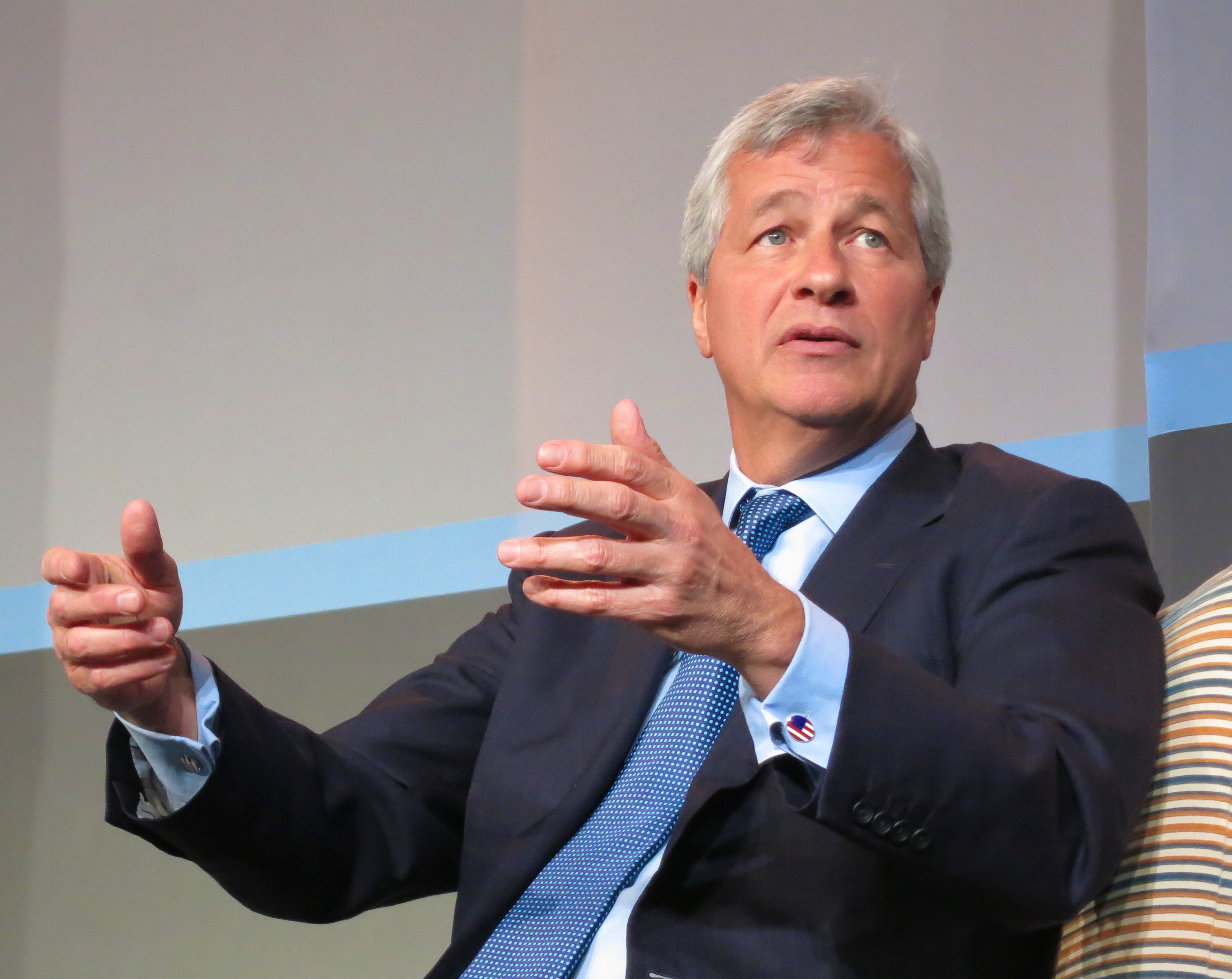
The bosses of 181 of the US’s biggest companies have changed the official definition of ‘the purpose of a corporation’ from making the most money possible for shareholders to ‘improving our society’. The five new principles of the influential lobby group Business Roundtable (BRT) are delivering value to customers, investing in employees, dealing fairly and ethically with suppliers, protecting the environment by embracing sustainable practices, and generating long-term value for shareholders. ‘The change follows mounting public and political anger at the yawning gap between rich and poor in the US and across the world.’ Only eight of BRT’s member companies did not sign up. Of course what matters in the end is action not words, but changing the words is surely a start!
Poverty on the rise
Campaigners say austerity has undermined two decades of anti-poverty policy, reports the Guardian’s Patrick Butler. More than 4 million people in the UK are trapped in deep poverty, meaning their income is at least 50 per cent below the official breadline, a study by the Social Metrics Commission has found. Three-quarters of 1,290 frontline family support workers from 616 organisations across the UK, surveyed by poverty grants charity Buttle UK, reported an increase in families in extreme poverty.
The effects of poverty are far-reaching. The Education Policy Institute says progress to close the achievement gap for poorer pupils in England’s secondary schools is almost at a ‘standstill’. New figures from Mayor of London Sadiq Khan show what he says is a clear link between poverty and the rise in serious youth violence: the poorer the area, the higher the rates of youth violence are likely to be. In England’s poorest areas, summer holiday hunger schemes are being starved of cash, leaving many children short of food, while elderly people in the UK suffer the worst poverty rate in western Europe.
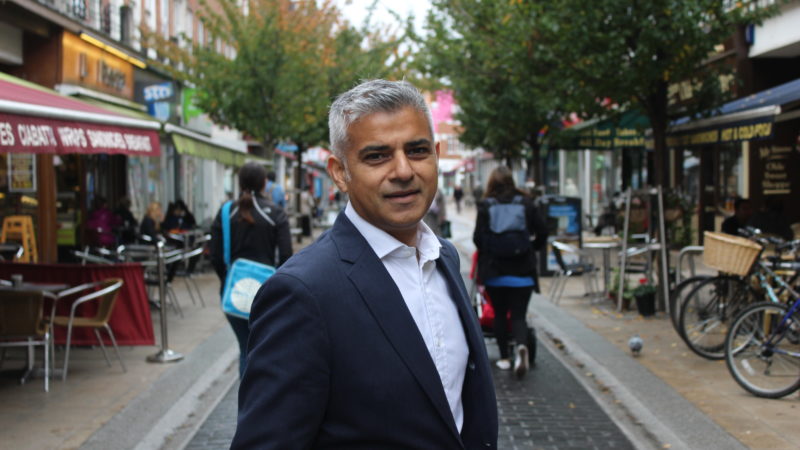
All this makes it even more shocking that more than £3.5 million of EU funding intended to alleviate child poverty and homelessness is at risk of being wasted because the government has failed to spend it. About £580,000 of unspent cash has been taken back so far.
On a positive note, the Resolution Foundation finding that the minimum wage has not had a negative impact on employment, as some economists had warned, and has helped push up the wages of self-employed workers, will be good news for poverty campaigners.
JRF to place more emphasis on campaigning
All this highlights the need for more effective campaigning for change. In this context, Joseph Rowntree Foundation’s evolution into more of a campaigning organisation is to be welcomed. Over the past 18 months, says executive director Claire Ainsley, JRF ‘has embarked on a process of organisational change designed to bring about positive impact in the real world’. JRF had just launched its new evidence-based strategy, ‘We can solve UK poverty: a strategy for governments, businesses, communities and citizens’, the culmination of four years of research and policy development. ‘When we stood back from the work, we recognised that unless we embarked on a long-term campaign to build public and political will for change on UK poverty, however good our solutions were, we were never going to succeed.’
Transforming public services
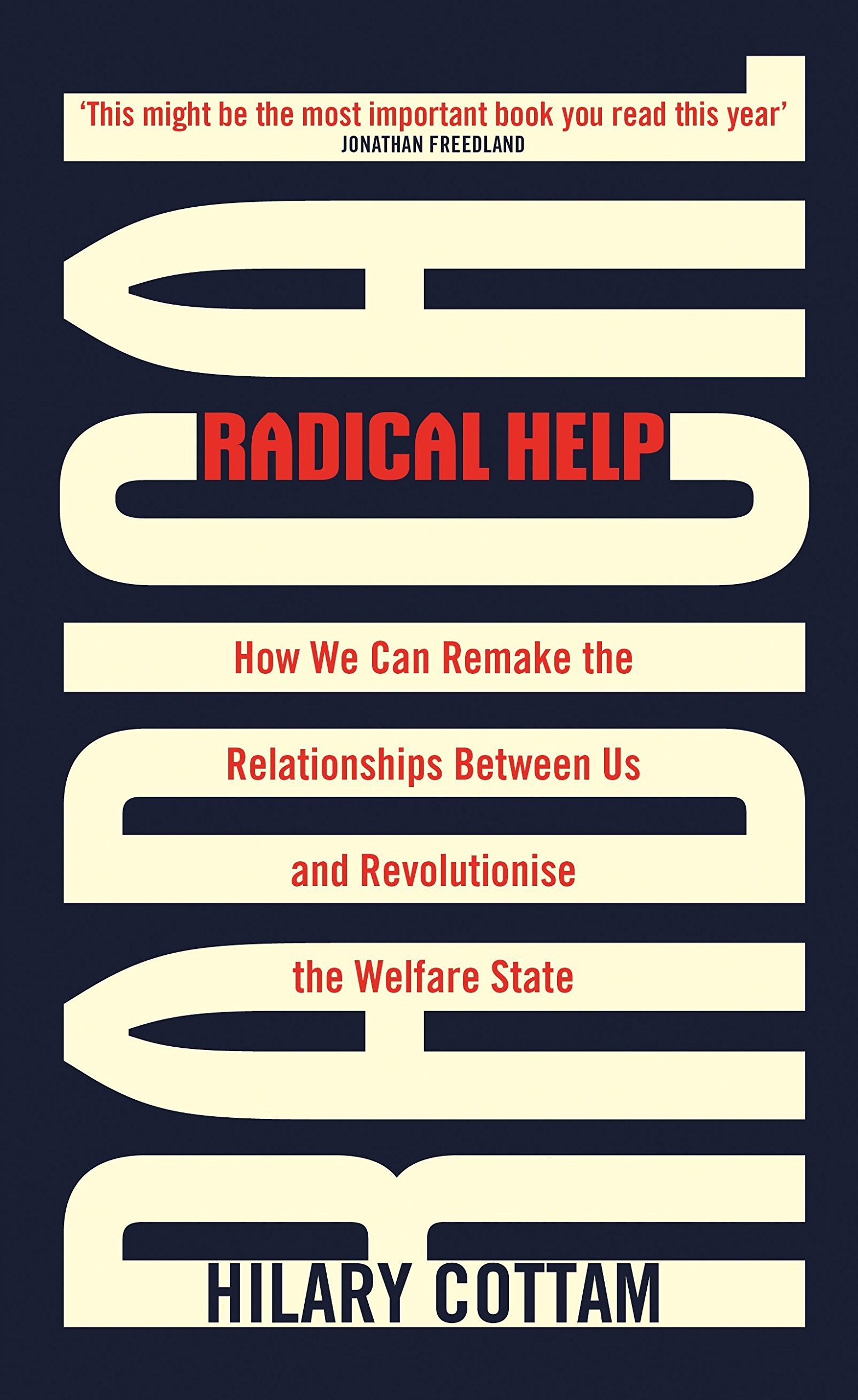 ‘There’s an idea that could transform Britain, but Brexit won’t let it be heard,’ says the Guardian’s Jonathan Freedland. Hilary Cottam’s new book Radical Help has the potential to transform public services, he says. Participle, founded in 2006, worked with thousands of participants to test solutions aimed not at managing problems but at helping people ‘to grow their capabilities: to learn, to work, to live healthily and to connect to one another. Once people were given the means to take control of their lives, they embraced the challenge, made changes and improved their circumstances.’
‘There’s an idea that could transform Britain, but Brexit won’t let it be heard,’ says the Guardian’s Jonathan Freedland. Hilary Cottam’s new book Radical Help has the potential to transform public services, he says. Participle, founded in 2006, worked with thousands of participants to test solutions aimed not at managing problems but at helping people ‘to grow their capabilities: to learn, to work, to live healthily and to connect to one another. Once people were given the means to take control of their lives, they embraced the challenge, made changes and improved their circumstances.’
Bob Rhodes of the Centre for Welfare Reform similarly argues against a managerial, market-led system that treats care as a commodity. True care, he says, cannot be purchased and regulated into existence. ‘It can only be achieved by a robust and sensitive partnership between citizens, families, and their communities. Effective local public services support these partnerships and nurture the fundamental caring that is central to a good society.’
Tragically, as Aditya Chakrabortty reports, the effective local public services we need are disappearing fast. ‘Britain is being stripped of its social infrastructure: the institutions that make up its daily life, the buildings and spaces that host friends and gently push strangers together. Public parks are disappearing. Playgrounds are being sold off. High streets are fast turning to desert.’ Youth clubs, pubs and libraries are closing. ‘These trends are national,’ he says, ‘but their greatest force is felt in the poorest towns and suburbs, the most remote parts of the countryside …’
Local solutions
National trends notwithstanding, local solutions continue to emerge. Cottam and Rhodes’ vision for public services is very much reflected in the London Borough of Barking and Dagenham’s website, New East, New Thinking: a new approach to building local communities, which embraces ‘a radical urban vision of community which embraces growth but remains mixed, balanced and inclusive; a vision of public services which are enabling, proactive rather than reactive, liberating rather than paternalistic …’
In the London borough of Lewisham, over a period of nine years, Lewisham Plus Credit Union (LPCU) has been using an £85,000 grant from the council to provide interest-free loans to those at risk of eviction. A study by Sheffield University found that the scheme saved Lewisham Council over £1 million in temporary accommodation costs and helped 300 families avoid eviction. ‘In other words, it was a total success,’ says Jason Murugesu.
Needed: a new politics of belonging
Thinkers from across the political spectrum see the need for a new approach. On 8 August, conservative think-tank Onward launched a new project called The politics of belonging. A 5,000 sample poll for Onward suggests that policies that increase freedom, autonomy and choice are unlikely to be major vote-winners. ‘Instead, policies that restore a sense of belonging, provide security and protect citizens from the modern world are likely to be most effective.’
In a TED Talk in July, George Monbiot talked of ‘the new political story that could change everything’. We need a new ‘restoration story’, he says (think the Bible, Lord of the Rings, Harry Potter, the Narnia story). In all these stories, ‘disorder afflicts the land’, with nefarious elites profiting at the expense of ordinary people, until a ‘hero’ appears and restores harmony. For Keynes it was the enabling state that would restore harmony, while in the 1970s neoliberalism saw the market as the antidote to an overmighty state. In 2008 the neoliberal story fell apart but we have failed to produce a new story to replace it. Humans have an amazing capacity for altruism and cooperation, says Monbiot, thwarted by extreme individualism and competition. The politics of belonging can move beyond this, based on civic participation, as much as possible at the local level, and the idea of the commons.
Tackling the climate crisis
When it comes to the climate crisis, the emphasis moves more to the national/international level – though implementation of any meaningful Green New Deal programme will happen largely at local level. In July Camden council in north London convened Britain’s first climate assembly. More than 50 residents and a team of climate experts considered more than 600 ideas contributed through an online platform, eventually agreeing on 17 proposals for action by the council, while Climate Emergency Camden, a group of residents, called on the council to take meaningful action on the proposals.
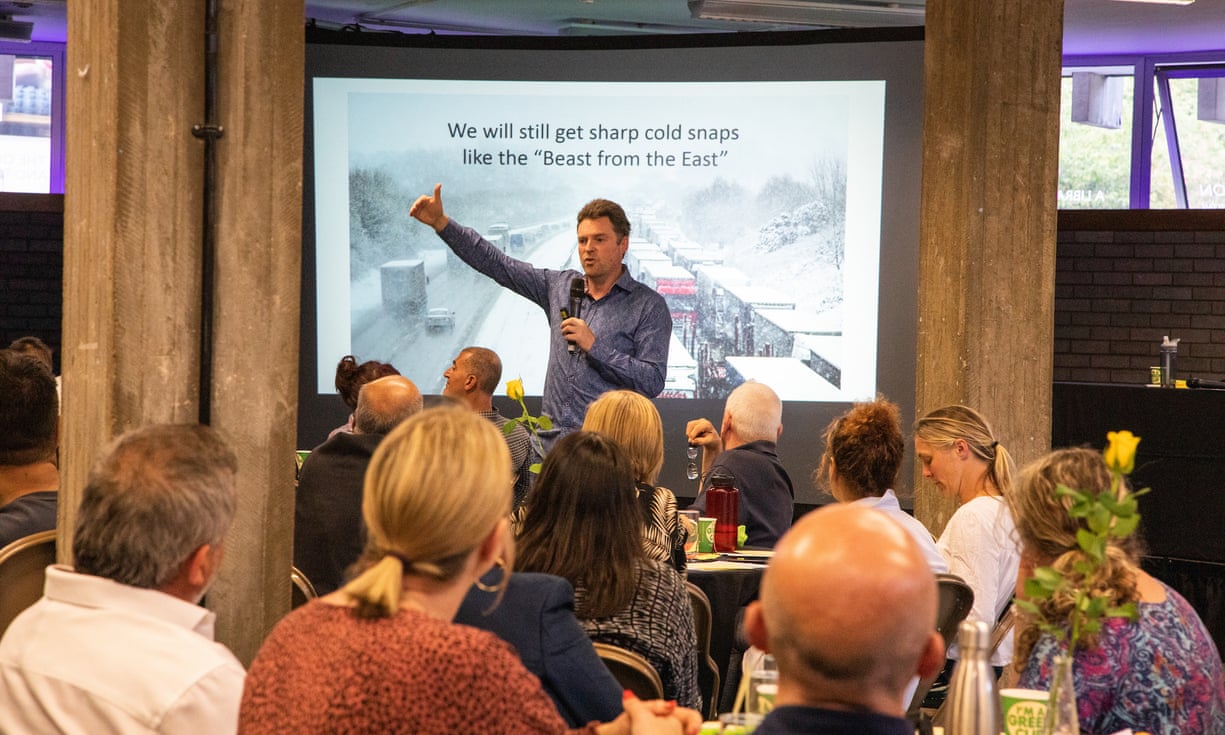
But if there is to be any meaningful change, we need government to act. ‘Climate activists are angling for a mass government mobilisation equivalent to Roosevelt’s New Deal’, writes Richard Partington. He quotes Matthew Lawrence of the Common Wealth think-tank: ‘We need a government-led process of economic restructuring.’ In an attempt to outline a roadmap to a Green New Deal in Britain, Common Wealth has published a series of papers ‘that will add up to a guide to turbocharging the low-carbon economy, while supporting communities through the transition’.
Much has been written about the Green New Deal recently, all of it stressing the need to ‘connect the two great long-term crises that confront us today: the climate emergency and inequality’. ‘A Green New Deal … should not just decarbonise today’s economy but build the sustainable and just economy of tomorrow,’ says Common Wealth board member Ed Miliband. ‘The lesson from France is that we cannot save the climate at the expense of social justice,’ said Annalena Baerbock, a co-leader of Germany’s Greens (quoted by Katrin Bennhold, writing in the New York Times), reflecting on the yellow vests’ rebellion against a petrol tax that would hit hardest those who could least afford it.
What should the climate movement do next?
This was the title of NEF’s 6 July podcast. It starts with a useful summary of the past year: Extinction Rebellion shut down the streets of London in April, the school strikes have seen thousands of young people take a stand, and the Green New Deal has shot to the top of the political agenda. Following Extinction Rebellion’s actions, Parliament passed a motion to declare an ‘environment and climate change emergency’ and on 19 June six House of Commons select committees announced plans for a citizens’ assembly. In the last weeks of her premiership, Theresa May announced a new target for net zero climate emissions by 2050 – widely agreed to be too far away. ‘So, against that backdrop, what should the climate movement do next?’ asks NEF’s Ayeisha Thomas-Smith.
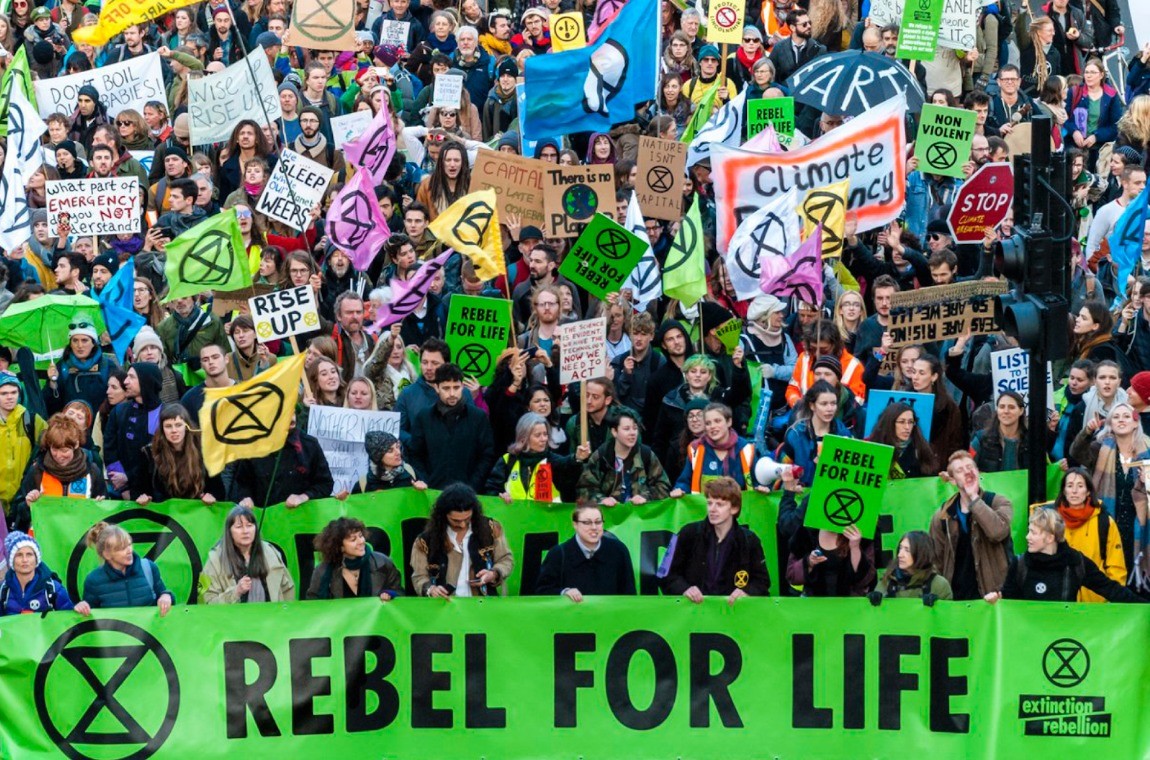
To make the Green New Deal a reality, a broad-based movement will be needed, it was suggested. The school strikers are calling for adults to join them in a massive event worldwide on 20 September. In October Extinction Rebellion will stage its ‘biggest rebellion yet, the biggest act of nonviolent civil disobedience in British history’. More controversially, Heathrow Pause plans to use toy drones to shut down Heathrow in order ‘to highlight the incompatibility of Heathrow airport’s expansion with the government’s own legally binding commitment to reduce greenhouse gas emissions to net zero by 2050’? In George Monbiot’s view, the activists are ‘risking their liberty in the hope of freeing us from the momentous consequences of climate breakdown. History will judge them kindly.’ Rethinking Poverty will be looking at these events and trying to assess how effective they are.
‘Talking Points’ is collated by Caroline Hartnell, who convenes the Rethinking Poverty blog.
Want to keep up-to-date with more articles like this? Sign up to our newsletter.
Posted on 11 Sep 2019 Categories: Blog, Climate crisis, Good Society, Local initiatives, New economic models, Talking Points
